How Long Do Dental Veneers Last? Everything You Need to Know
- Overview of Dental Veneers Lifespan
- Factors Affecting the Lifespan of Veneers
- Care and Maintenance for Long-Lasting Veneers
- When to Replace Dental Veneers
Overview of Dental Veneers Lifespan
Dental veneers are a popular cosmetic dental solution for people who want to enhance their smile. These thin, custom-made shells are designed to cover the front surface of teeth, providing a natural, aesthetically pleasing look. One of the most common questions patients ask is, "How long do dental veneers last?" On average, dental veneers can last between 10 to 15 years, depending on various factors. However, some veneers may last even longer with proper care.
Factors Affecting the Lifespan of Veneers
The lifespan of dental veneers can vary based on several factors. Understanding these factors can help you take better care of your veneers, ensuring they last as long as possible.
1. Material of the Veneers
Veneers are typically made from porcelain or composite resin. Porcelain veneers are more durable and stain-resistant, making them the preferred choice for many patients. On the other hand, composite resin veneers are more affordable but may not last as long as porcelain veneers.
2. Oral Hygiene
Good oral hygiene plays a crucial role in the lifespan of dental veneers. Brushing twice a day, flossing regularly, and using mouthwash will help keep the veneers and surrounding teeth in excellent condition, preventing damage or decay.
3. Bite and Habits
Patients who grind their teeth or have an abnormal bite may experience wear and tear on their veneers more quickly. Habits such as biting nails, chewing on hard objects, or opening packages with teeth can also contribute to premature damage.
Care and Maintenance for Long-Lasting Veneers
Proper care and maintenance can significantly extend the lifespan of dental veneers. Here are some essential tips:
1. Regular Dental Checkups
Regular visits to your dentist are crucial to ensure your veneers are intact and your oral health is maintained. A dentist will check for any signs of wear or damage and can make adjustments if needed.
2. Avoid Staining Foods and Drinks
Although porcelain veneers are stain-resistant, it’s still a good idea to avoid consuming excessive coffee, tea, red wine, and foods with strong pigments. These can cause staining over time, affecting the appearance of your veneers.
3. Wear a Mouthguard for Protection
If you play contact sports or grind your teeth at night, wearing a mouthguard can help protect your veneers from damage.
When to Replace Dental Veneers
Although dental veneers are designed to last for many years, they may eventually need to be replaced. Here are some signs that it might be time for a replacement:
1. Cracks or Chips
If your veneer has a crack or chip, it can weaken the structure and lead to further damage. It’s essential to replace damaged veneers to avoid complications.
2. Discoloration
Over time, veneers can become discolored due to external factors like smoking or poor oral hygiene. If the discoloration is noticeable and cannot be removed by professional cleaning, replacing the veneer may be necessary.
3. Shifting or Loosening
If a veneer becomes loose or shifts, it may no longer fit properly, which can affect both its appearance and function. A dentist will be able to determine whether the veneer can be repaired or needs replacing.
Dental veneers are a fantastic way to enhance your smile, and with proper care, they can last for many years. If you’re considering veneers or need help with your existing ones, visit Dentistry Toothtruth to learn more about the best care options and find a trusted provider near you.

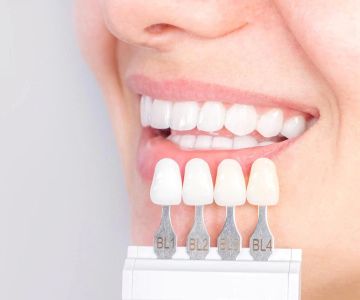

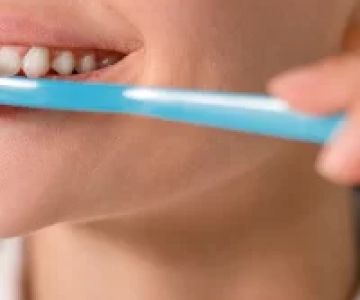
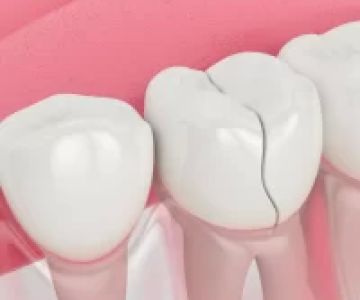
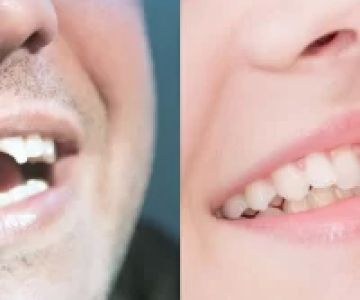
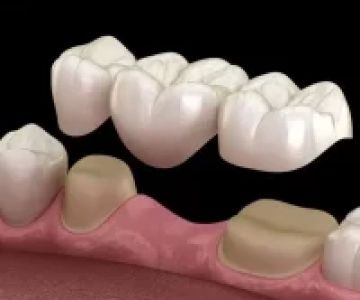
 Southside Orthodontics - Your Colonial Heights and Chesterfield Orthodontist
Southside Orthodontics - Your Colonial Heights and Chesterfield Orthodontist Christine O. Ressler, DDS
Christine O. Ressler, DDS Circle Pines Dental: Dr. John Stentz
Circle Pines Dental: Dr. John Stentz Starr Valley Dental
Starr Valley Dental Fresh Smiles
Fresh Smiles Orlando Center for Cosmetic Dentistry: Jose Marcano, DMD
Orlando Center for Cosmetic Dentistry: Jose Marcano, DMD The Importance of Oral Health Education During Pregnancy for a Healthy Pregnancy
The Importance of Oral Health Education During Pregnancy for a Healthy Pregnancy Why Skipping Dental Checkups Can Lead to Bigger Oral Health Problems
Why Skipping Dental Checkups Can Lead to Bigger Oral Health Problems Advantages of Porcelain Dental Restorations
Advantages of Porcelain Dental Restorations Best Tips for Brushing Your Teeth Properly for Healthy Gums: Essential Techniques for Oral Health
Best Tips for Brushing Your Teeth Properly for Healthy Gums: Essential Techniques for Oral Health How Can Diabetes Cause Tooth and Gum Problems? Preventing and Managing Oral Health Issues
How Can Diabetes Cause Tooth and Gum Problems? Preventing and Managing Oral Health Issues Healthy Habits for Promoting Good Oral Health and Hygiene: Tips for a Healthy Smile
Healthy Habits for Promoting Good Oral Health and Hygiene: Tips for a Healthy Smile